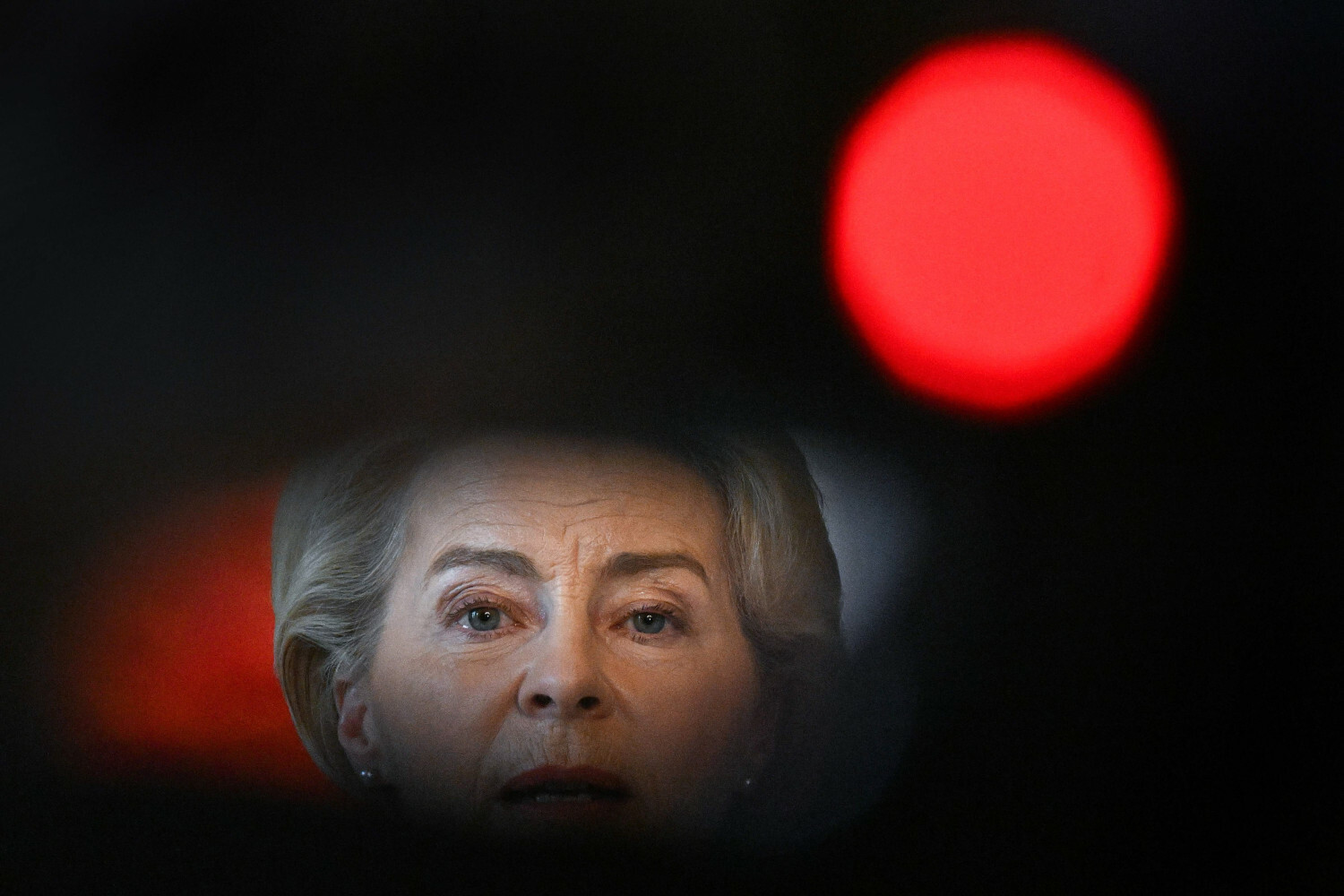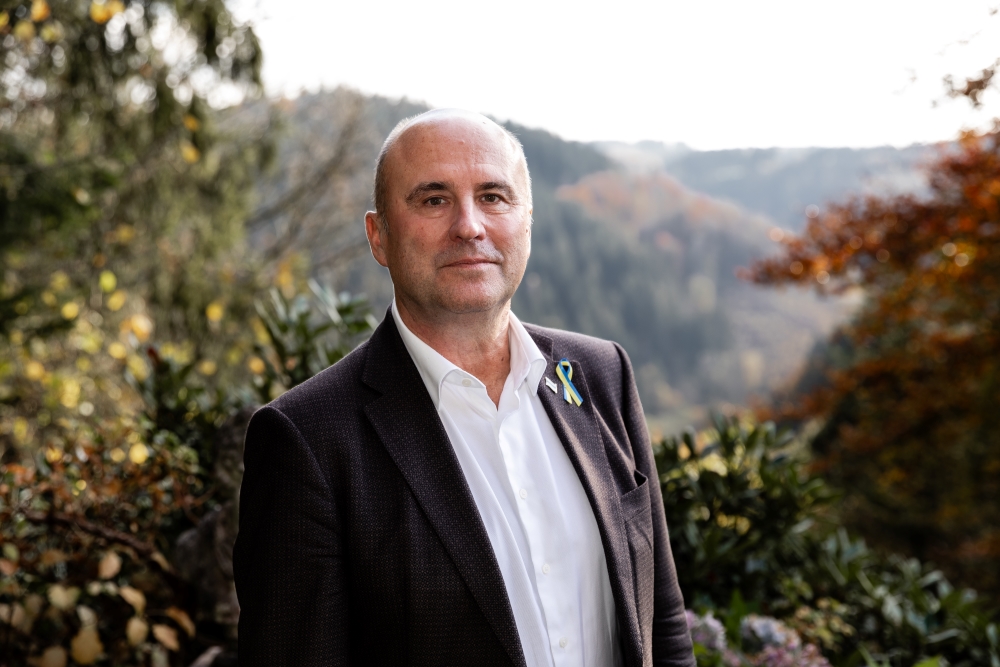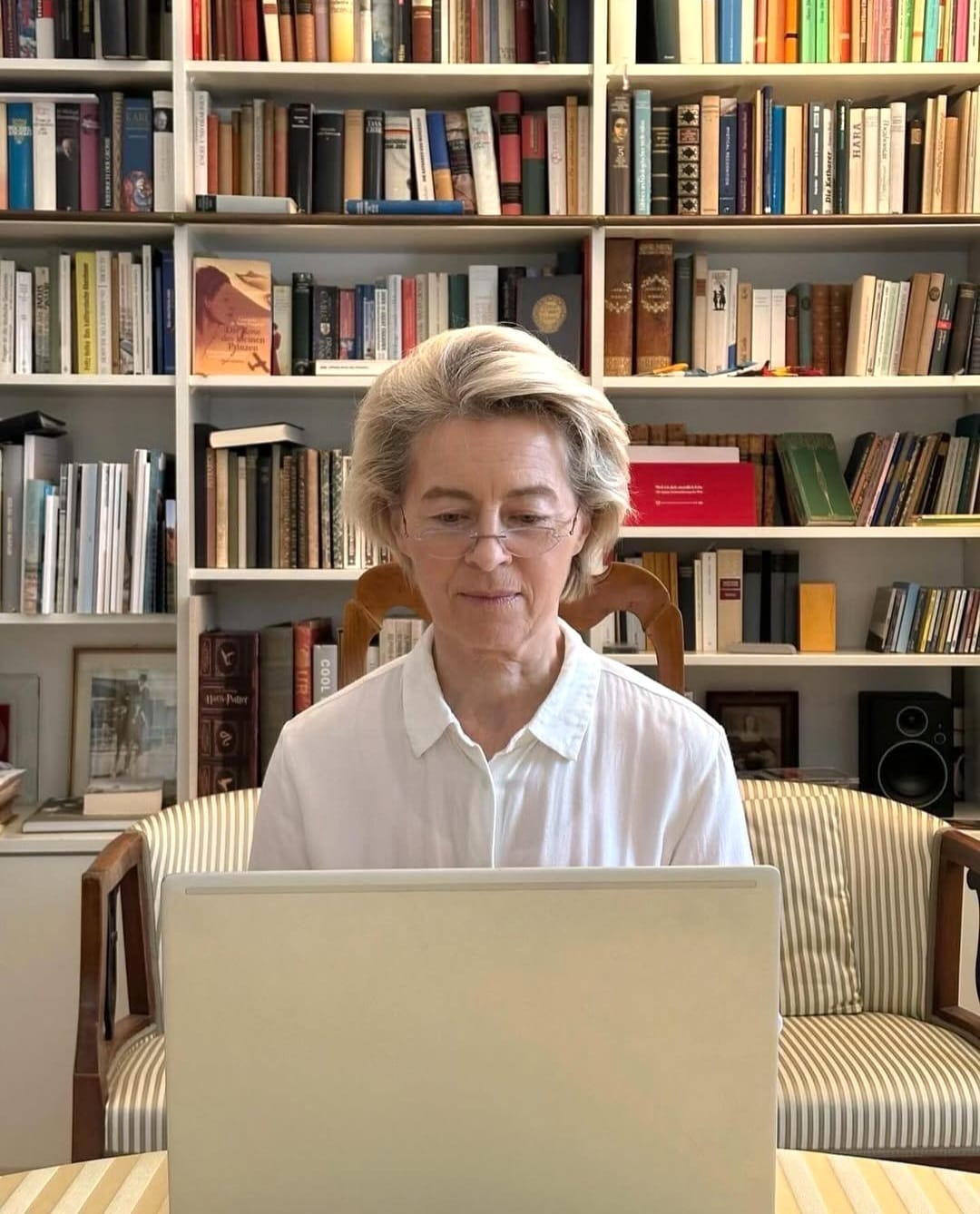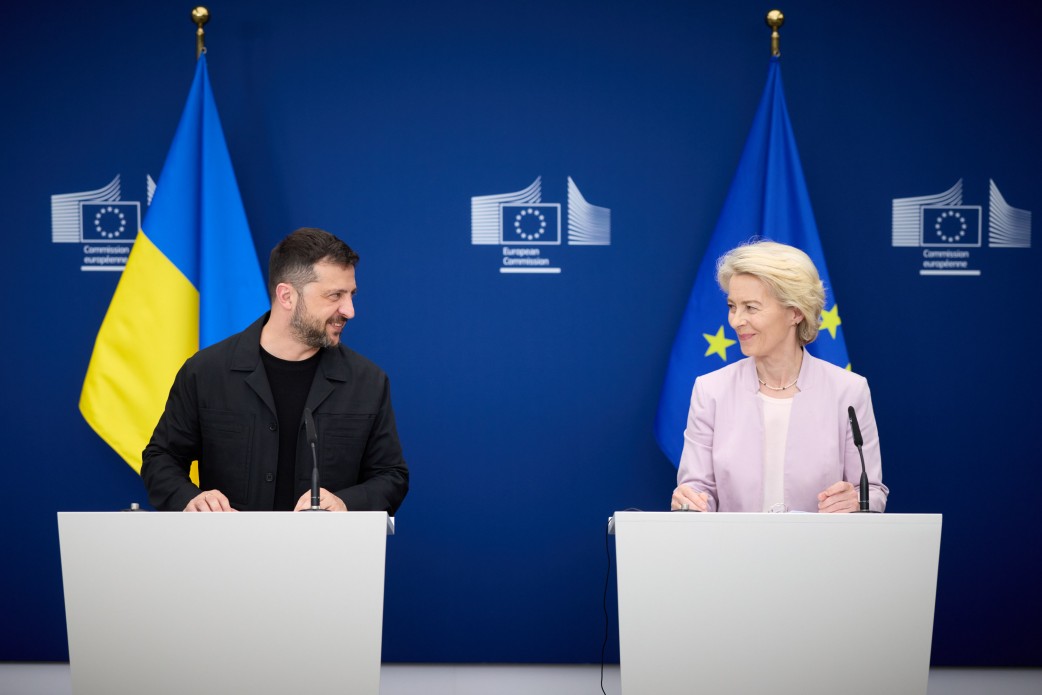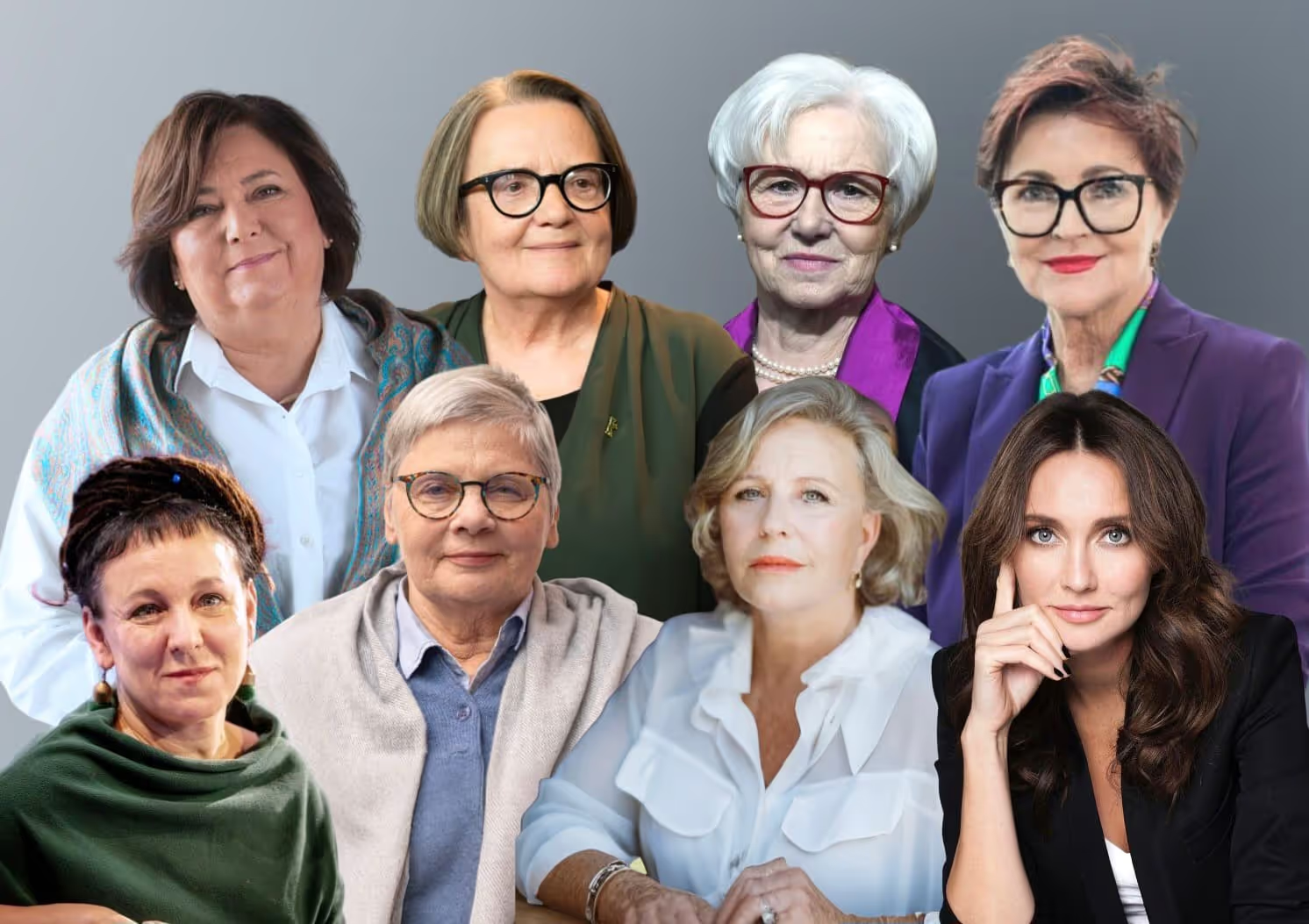Support Sestry
Even a small contribution to real journalism helps strengthen democracy. Join us, and together we will tell the world the inspiring stories of people fighting for freedom!
<frame>Більше знань, менше страху — це гасло нашого нового циклу публікацій. Адже безпека — це факти, перевірена інформація та обґрунтовані аргументи. Чим більше ми знаємо, тим краще підготуємося до майбутнього.<frame>
Усвідомлення того, що таке національна безпека і з чого вона складається, сьогодні є не привілеєм, а необхідністю. Але ще важливіше розуміти, що на багато її ключових сфер ми можемо впливати самі — як громадяни, мешканці, а також мігранти, які проживають у Польщі. Безпека — це не лише сфера держави, політиків і стратегів. Це наша спільна справа — повсякденна практика, заснована на знаннях, співпраці та відповідальності.
Основними напрямками національної безпеки є: військова безпека, безпека союзників, енергетична безпека, інформаційна безпека, економічна безпека, соціальна безпека, екологічна безпека.
На деякі з цих сфер впливають рішення, прийняті на державному чи міжнародному рівні. Але є й такі, на які ми можемо впливати — тут і зараз. І ми повинні робити це разом — незалежно від походження, мови чи історії. Тому що тільки тоді ми побудуємо суспільство, яке буде дійсно стійким до криз. Однією з таких ключових сфер сьогодні є інформаційна безпека — і вона стає першою лінією оборони в сучасному світі.
У XXI столітті війна не завжди починається з вибухів бомб. Іноді вона починається з посту в Facebook, зманіпульованого відео в TikTok або вирваного з контексту висловлювання, яке хтось кидає в інформаційний млин
Перш ніж впаде перша ракета, з'являються фейкові новини, перешіптування чуток і зростаюче відчуття, що «щось не так». У цифрову епоху знання стають нашим першим притулком, а інформаційна стійкість — новою формою цивільного захисту.
Дезінформація не знає кордонів, і її мета одна: розділити суспільство, посіяти недовіру та підірвати довіру до держави. Україна надто добре знає цей сценарій. Російській агресії передувала повномасштабна дезінформаційна кампанія — крок за кроком підривалися основи суспільної єдності. І, на жаль, ті ж самі методи сьогодні намагаються застосувати в Польщі.

Українці перетворюються з героїв на цапів-відбувайлів? Неправдиві наративи б'ють по найслабших — а іноді й по тих, хто просто «новий» і досить помітний. Місяцями ми чуємо, що українці «не працюють», що вони «живуть на 800+», що вони «їздять на кращих машинах, ніж поляки» і що вони «псують ринок праці».
Звучить знайомо? Так працює дезінформація — просто, емоційно, без фактів. А правда? Правда зовсім інша.
78% українців у Польщі або працюють, або активно шукають роботу. Це вищий показник участі в робочій силі, ніж серед багатьох груп польських громадян. Вони багато працюють — у логістиці, будівництві, громадському харчуванні, догляді. Скрізь, де поляки часто більше не хочуть працювати. Більше того — їхня присутність допомагає підтримувати темпи економічного зростання, які інакше сповільнилися б. Простіше кажучи, Польща потребує українців так само, як вони потребують безпечного місця для життя.
Гроші? Так. Але в один бік — до бюджету. Згідно зі звітом BGK «Вплив припливу мігрантів з України на польську економіку», опублікованим у березні 2025 року: з кожного злотого, виплаченого українцям у вигляді допомоги на рівні 800+, 5,4 злотих повертається до бюджету у вигляді податків і внесків. Ні, це не означає, що вони «віддають у п'ять разів більше», але це означає одне: вони віддають більше, ніж беруть. І це тверді цифри, а не думки з коментарів в інтернеті.
А ті розкішні автомобілі? Так, деякі українці приїжджали до Польщі на дорогих автомобілях. Тому що є люди з України, які володіють такими автомобілями, так само, як є поляки, які їздять на таких автомобілях.
Варто також поставити собі питання: якби у вас було 15 хвилин, щоб втекти з Києва чи Харкова під обстрілом, що б ви вибрали — автобус чи власне авто, якщо б воно у вас було? Це не розкіш. Це порятунок. Це єдине, що ти можеш забрати зі свого розбомбленого будинку
800+ для українців? Політичне страшило. У передвиборчій кампанії тема повернулася бумерангом — з твердженням, що «ми заберемо пільги в українців, а полякам залишиться більше». Проблема в тому, що це не лише популізм, але й натягування ковдри на очі. По-перше — незрозуміло, чи відбудуться якісь зміни. По-друге — навіть якщо вони будуть, то торкнуться маргіналів. Тому що переважна більшість українських сімей і так справляється самостійно і не потребує 800+.
А як щодо соціальних відносин? Ми спостерігаємо охолодження настроїв. Згідно з дослідженням, проведеним у листопаді 2024 року компанією Info Saliens, та звітом, опублікованим Центром Мєрошевського, одним із найпомітніших висновків є «значне зниження позитивних думок про Польщу та поляків. У 2022 році 83% українців мали добру думку про поляків, тоді як у листопаді 2024 року цей відсоток зменшився до 41%. Водночас зросла кількість тих, хто ставиться до них нейтрально, що свідчить про дедалі більш прагматичний характер відносин».
Але і для цього є причина: дезінформація, виснаження та відсутність чітких урядових наративів. Проте, ми не говоримо про конфлікт — ми говоримо про непорозуміння, яке можна виправити. Але тільки через діалог і факти.
У публічному просторі також неможливо оминути тему Волині — трагічної та болючої сторінки спільної історії, яка й сьогодні викликає сильні емоції. Саме ця рана найчастіше використовується як інструмент поділу. Лунають заяви, що українці «не хочуть віддавати тіла», що немає бажання співпрацювати, що пам'ять про злочин свідомо придушується.
Але треба чітко сказати: Волинь — це трагедія для обох народів. Це драматична сторінка історії, яка заслуговує на правду, пам'ять і гідність, а не на інструменталізацію та використання для розпалювання ворожнечі
Вшанування пам'яті жертв і повага до історичної правди є важливими. Але не менш важливо, щоб історія не стала зброєю в руках політичних наративів. Тому що ми не можемо повернути час назад. Ми можемо лише вирішити, що ми робимо з цією пам'яттю — і чи дозволяємо їй роз'єднувати нас у той час, коли ми найбільше потребуємо єдності.
Сьогодні ми стикаємося з новими викликами — війна, кризи, дезінформація, підрив основ безпеки. У такі часи історія має бути дороговказом, а не перешкодою. Ми повинні дивитися в майбутнє разом — поляки та українці.
Дезінформація — це зброя масового знищення. Потрібно сказати прямо — Польща не буде в безпеці, якщо не побудує систему опору інформаційним маніпуляціям. Медіаосвіта, вміння критично мислити, розпізнавати неправдиві джерела та свідомо користуватися ЗМІ — все це має бути настільки ж важливим, як знання місцезнаходження найближчого бомбосховища. Тому що достатньо однієї вправно поданої фейкової новини, щоб викликати паніку, розпалити обурення або заблокувати систему.

І тут українці можуть зіграти величезну роль. Вони мають досвід боротьби з дезінформацією, вони знають інструменти, вони знають, як реагувати. В Україні місцеві лідери — вчителі, бібліотекарі, територіальна оборона, громадські організації — стали інформаційними «маяками», будуючи мережі довіри. У Польщі ми також можемо підтримувати і створювати таких лідерів. І це дуже нагальна справа.
Національна безпека сьогодні - це більше, ніж просто укриття і закони. Це про міжособистісні стосунки, соціальну довіру та інформаційну гігієну. І все починається з обізнаності. Якщо ми хочемо бути готовими до криз — ми повинні говорити про факти, а не про міфи. Про людей, а не про стереотипи. Про співпрацю, а не поділ.
Єдиний фронт — безпечне суспільство. Українці не «гості» — вони частина нашого суспільства. І якщо ми зможемо разом з ними побудувати систему цивільного захисту, ми також зможемо разом захистити себе від атак, які приходять не з неба, а з інтернету.
Хто сіє страх, той пожинає кліки. Хто сіє знання — будує притулок. Інформаційна війна триває. І або ми навчимося вести її, або програємо ще до першого пострілу.

Ukrainian from Donbas, Polish from Wroclaw, Master of Public Law and International Relations (KIMO/Kyiv, Ukraine). Since 2002, she has gained professional experience in UN structures in Ukraine, as well as in other international projects. She has been living in Poland for 10 years, where for the past 3 years she has been actively working for the benefit of the Ukrainian community as the founder of the Ukrainkawpolsce.pl Foundation, which supports migrant women in their personal and professional development.


